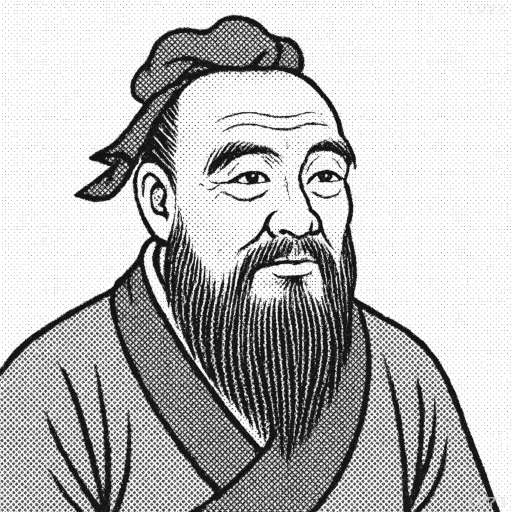“A superior man is modest in his speech, but exceeds in his actions.”

- 551 BC – 479 BC
- Han ethnicity
- Philosopher, educator, politician
table of contents
Quote
“A superior man is modest in his speech, but exceeds in his actions.”
Explanation
In this saying, Confucius highlights the virtue of humility and integrity in a “superior man.” He suggests that a person of true character is modest in speech, avoiding boastfulness or exaggerated claims, while allowing their actions to speak louder than words. For Confucius, the mark of integrity lies not in grand promises but in one’s ability to fulfill commitments and accomplish meaningful deeds.
This wisdom is especially relevant today, where words and appearances often carry significant weight, sometimes overshadowing genuine actions. In personal and professional relationships, reliability and authenticity are built on actions rather than empty statements. For instance, a leader who speaks modestly but consistently delivers results inspires greater respect and trust than one who makes grand claims without follow-through. Likewise, in personal relationships, modesty combined with meaningful action fosters trust and strengthens bonds.
Confucius’s teaching reminds us that character is revealed through actions. By focusing on doing rather than saying, we demonstrate our values and commitments in a way that is both sincere and impactful. This approach promotes a life of authenticity, purpose, and respect, as we build a reputation grounded in the quiet power of integrity and meaningful accomplishment.
Would you like to share your impressions or related stories about this quote in the comments section?


